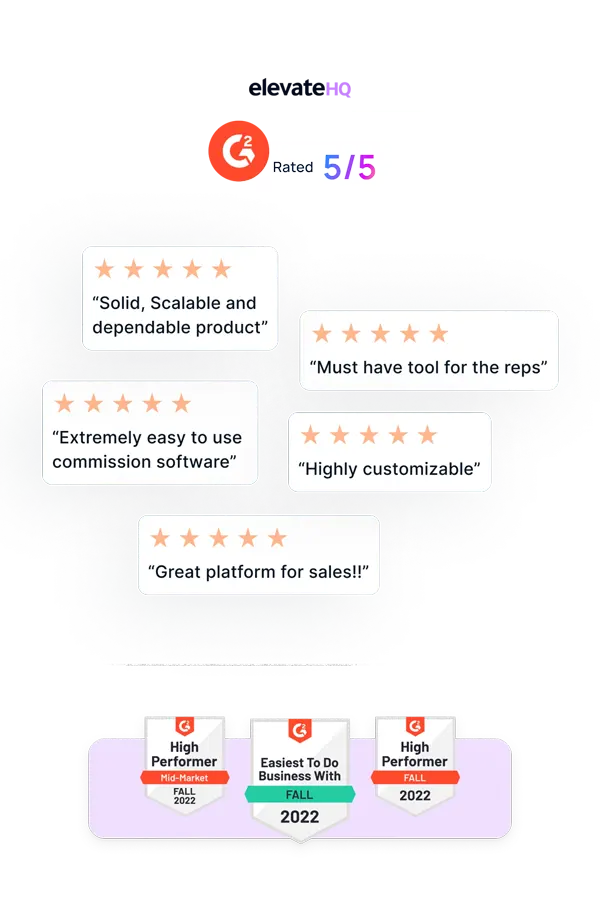🧨 Sandbagging in Sales: The Unspoken Drag on Your Revenue Engine
“Always be closing,” they said. But no one warned us about reps who close… later. On purpose.
Let’s rewind to the end of last quarter.
Your team just pulled off a Hail Mary. Three deals closed in the last hour. Slack emojis were flying. The VP dropped a “LET’S GOOOO” in all caps.
Victory?
Maybe. But also… maybe not.
Because what if those deals could’ve closed two weeks earlier?
Welcome to the gray, grainy world of sandbagging.
👻 What is sandbagging, really?
It’s when reps — consciously or subconsciously — hold off on closing a deal they could have signed earlier.
Usually to make life easier next quarter.
Some reasons?
- To coast into next month with early wins
- To time accelerators just right
- To avoid landing too high on the leaderboard and setting expectations they’ll later regret
It’s not always shady. Sometimes it's just a survival strategy in an aggressive comp system.
🧠 Why reps do it (and why it’s not always their fault)
Let’s be honest: most comp plans are built around end-of-quarter theatrics.
Think about it:
- Your accelerator kicks in only after 100%
- Your SPIFFs are backloaded
- Your pipeline reviews focus more on what's closing this month than what should’ve closed last week
So reps learn: timing beats truth.
One rep told me (off the record):
“If I close everything this quarter, what am I supposed to show next month? Ghosts?”
Hard to argue with that logic.
🧯 Why it quietly wrecks your revenue ops
It’s tempting to look the other way — especially when the team hits quota.
But here’s the mess under the hood:
- Forecasting? Garbage. Deals drift. You build pipeline assumptions on sand.
- Marketing ROI? Skewed. A lead that closed in Q2 looks like it failed in Q1.
- Hiring plans? Misleading. Leadership thinks the team’s under capacity when they’re really under-trusting.
- Culture? Weird. Over time, reps game the system instead of winning in it.
This isn’t just revenue leakage. It’s truth leakage.
🔎 So how do you spot it?
You won’t find a field in Salesforce called “Is This Rep Sandbagging?”
But you will see patterns if you squint:
- Deals that close en masse in the final 72 hours — every single quarter
- Forecast calls where reps sound confident but their stages haven’t budged in 3 weeks
- "Updated Close Date" fields that read like a trail of breadcrumbs
- Buyer emails asking, “Are you allowed to send this discount now?” 🤨
Oh, and that one rep who’s suspiciously relaxed the first 25 days of every month.
💡 Fixing it (without making your best reps hate you)
Here’s the part people screw up: they overcorrect.
Clamp down too hard and your best reps start gaming you in other ways — or worse, burn out.
Try this instead:
1. Rethink your comp plan — but actually rethink it
- Don’t wait for 100% quota to reward extra effort. Start tiers at 80% or even earlier.
- Add consistency bonuses: reps who hit quota three months straight earn a kicker.
- Build in early-close perks: even something like better deal routing can work.

2. Stop treating “end of quarter” like a holiday
- Stop scheduling 1:1s only in the last week
- Call out early closers in all-hands
- Push product & marketing to support mid-quarter momentum
3. Build a culture that values clarity over theatrics
You know what most revenue leaders never say?
“Hey, thanks for updating your deal stages on time.”
Start saying it.
Reward forecast accuracy, not just closed-won. Have a dashboard for reps who call their number early and hit it. Doesn’t need to be public — just let them know you notice.
4. Get your tools talking
If your CRM shows a deal in “contract sent” but your call recordings show hesitation, something’s off.
Use RevOps platforms that surface engagement data:
Gong, Clari, Wingman, ElevateHQ, etc. — whatever works. Set alerts for stage lag + high engagement. That’s your sniff test.
🏁 Wrapping up
Here’s the truth:
Sandbagging is a feature, not a bug — in systems that reward timing over trust.
You can’t fix it with more dashboards. You fix it by rewriting the game.
Make consistency sexy. Make honesty worth it. And maybe — just maybe — your forecast won’t feel like fiction next quarter.




